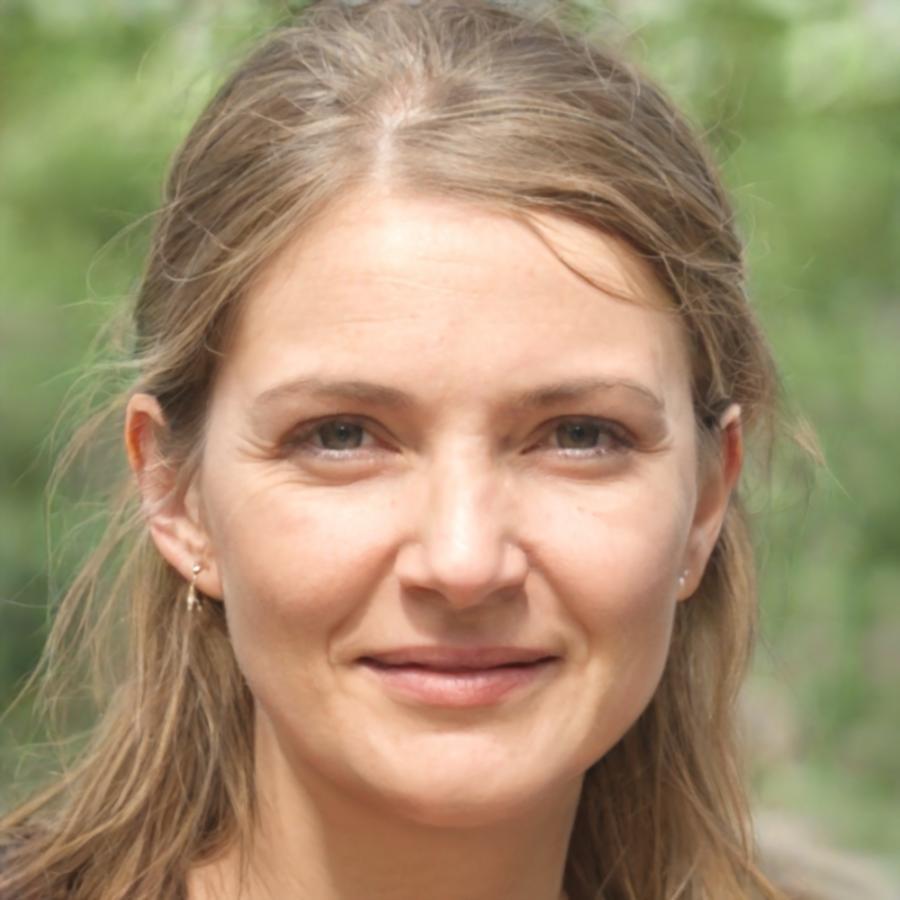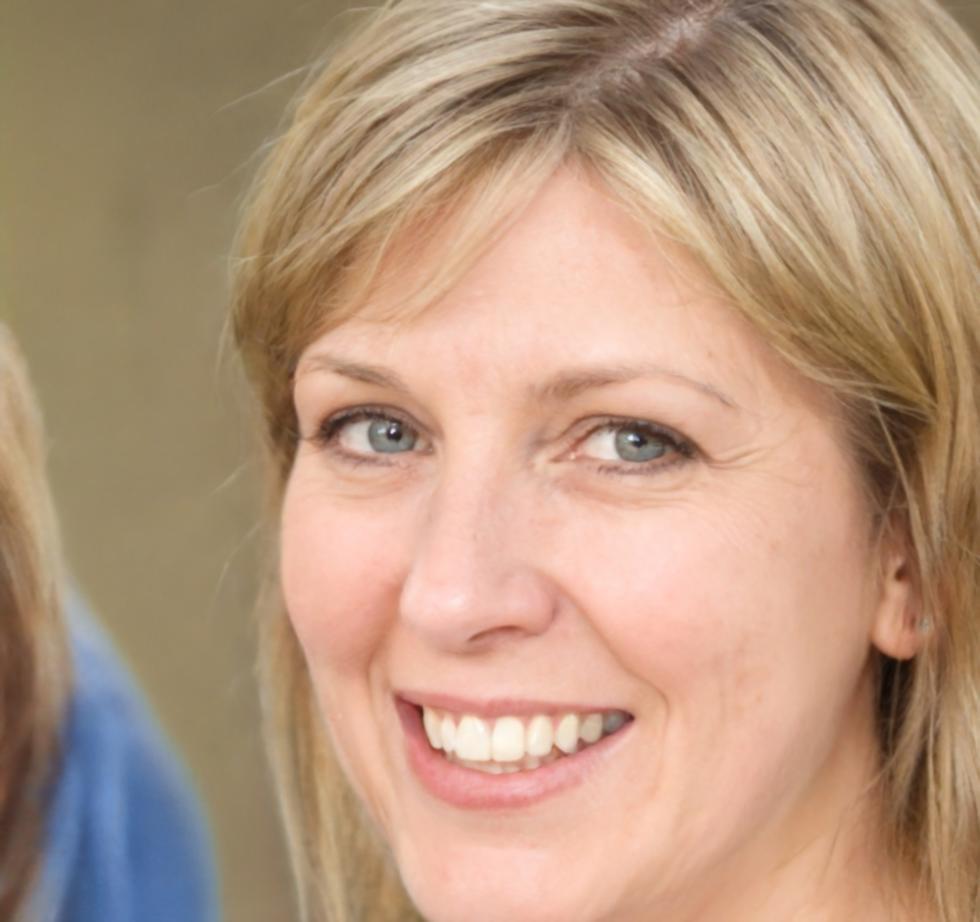Building Better Coordination Through Understanding
When teams and contractors work together smoothly, everything changes. But that kind of coordination doesn't happen by accident.
We've spent years working with construction teams, facility managers, and project coordinators across Thailand. What we've learned? The difference between chaos and clarity often comes down to whether people understand the systems they're working with. Our learning program grew from that realization—not as formal training, but as practical skill-building that actually sticks.
Talk About Your Team's Needs
How We Actually Do This
Forget sitting in conference rooms watching presentations. Our approach is hands-on because that's what works. We bring your team together—whether that's site supervisors, contractors, or office coordinators—and work through real scenarios you'll face.
Last year, we ran a session for a facilities team managing three commercial properties. Instead of theory, we walked through their actual scheduling conflicts and communication breakdowns. By the end, they'd built their own coordination system using tools they already had.
Start Where You Are
We assess your current workflows and pain points before anything else. No generic solutions—just what your specific team needs.
Build Skills That Matter
Focus on practical techniques: better handoffs between shifts, clearer status updates, smarter scheduling approaches.
Practice With Real Cases
Work through scenarios from your actual projects so the learning applies immediately when you're back on site.
What Your Team Will Work On
These aren't separate courses—they're areas we cover based on what your team needs most. Sessions typically run over several weeks with plenty of time to apply things between meetings.
Communication Systems
Creating clear channels between teams, contractors, and clients. We look at what's breaking down in your current setup and fix it.
Schedule Coordination
Managing overlapping timelines and dependencies without constant firefighting. You'll build buffer strategies that actually work.
Resource Planning
Tracking who needs what and when—especially important when multiple contractors share equipment and space.
Status Tracking
Building visibility into project progress so surprises don't derail everything. Simple systems that keep everyone informed.
Contractor Handoffs
Smooth transitions between different teams and phases. Getting the details right so work doesn't stall or get redone.
Problem Resolution
When things go wrong (and they will), how do you get back on track quickly? Practical troubleshooting approaches.
Who Runs These Sessions
Our facilitators aren't just trainers—they've managed complex projects and dealt with the same coordination headaches your team faces. They know what works in practice, not just in theory.
Sessions are collaborative. We're there to guide and share what we've learned, but your team's experience matters just as much. Some of the best solutions come from the group working through challenges together.

Siriporn Meechai
Coordination Systems SpecialistSiriporn spent a decade managing contractor teams for commercial developments across Bangkok. She's seen every scheduling disaster imaginable and developed practical workarounds that teams can actually maintain.
Her sessions focus on building systems that don't require constant babysitting—something she learned after too many late nights managing crises that better planning would've prevented.

Kulthida Raksorn
Field Operations CoordinatorKulthida bridges the gap between office planning and on-site reality. She's worked with maintenance teams, construction crews, and facility managers who all needed to coordinate without stepping on each other's toes.
What makes her sessions valuable? She gets that plans rarely survive first contact with the field, so she teaches flexible approaches that adapt when things change.

Pranee Suwannarit
Project Implementation AdviserPranee specializes in getting teams unstuck. She works with groups who know coordination should be easier but can't figure out why it isn't. Her diagnostic approach helps identify the real problems—often hidden under surface issues.
Her background in both technical and management roles means she understands perspectives from different parts of the team, which helps when building solutions everyone can work with.
Making This Work for Your Schedule
We typically run programs over 8-12 weeks, with sessions every week or two depending on your team's availability. Each session is about three hours—enough time to dig into topics without losing an entire day.
Between sessions, your team applies what we've covered to actual work. Then we regroup to discuss what worked, what didn't, and adjust the approach. This iteration is where the real learning happens.
For teams spread across multiple sites, we can run sessions at your locations or bring groups together. We've even done hybrid formats where some people join remotely, though in-person works better when possible.
Our next program cohort starts in October 2025. We keep groups small—usually 8-12 people—so there's room for everyone to participate and get specific guidance. If your team's bigger, we can discuss options.

Let's Figure Out What Your Team Needs
Every team's coordination challenges are different. The best way to know if this program makes sense for you is to talk through what you're dealing with. We can discuss timing, format, and whether our approach fits your situation.
Start the Conversation